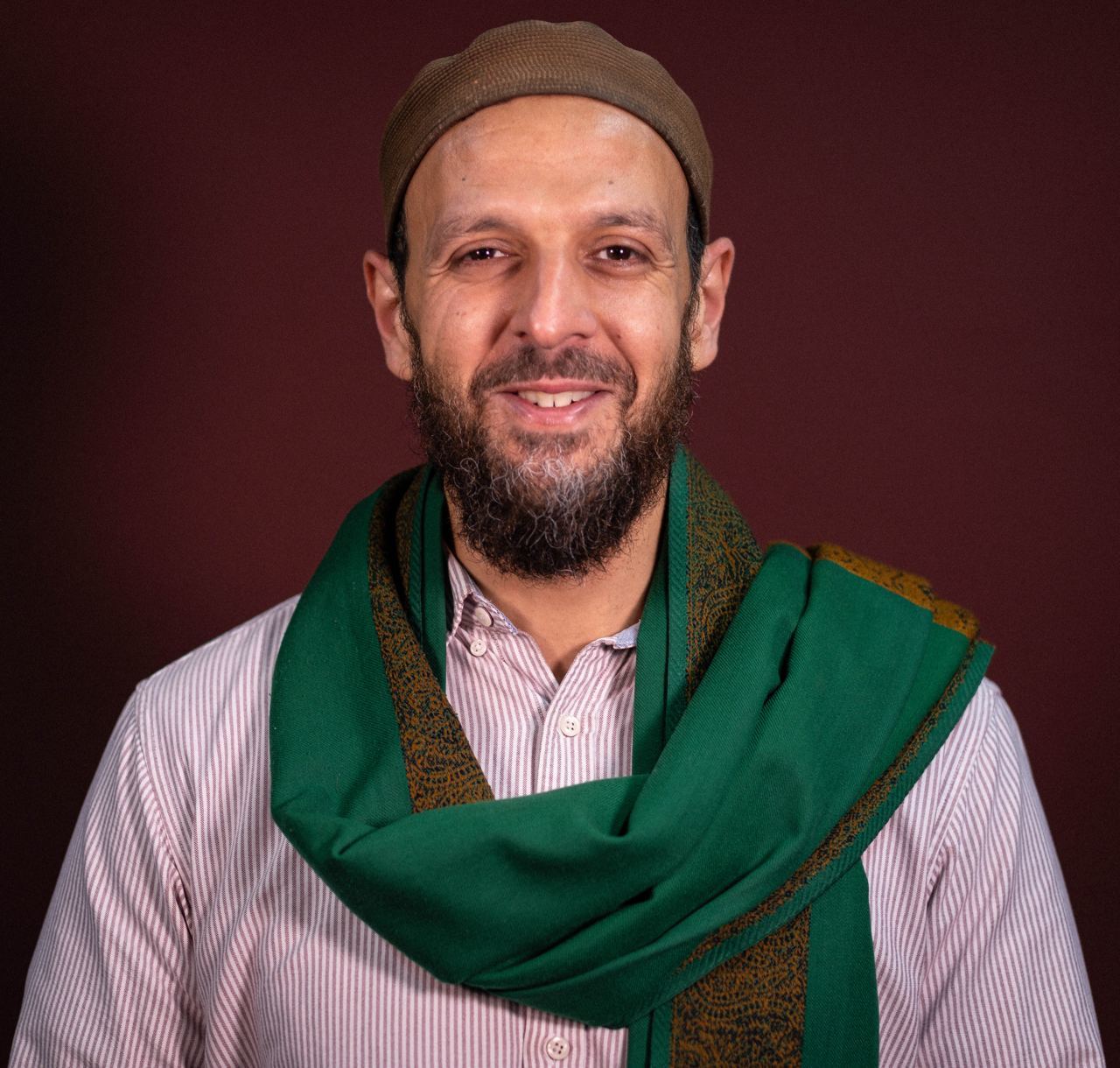Beware of Zombies. Or Are You One?
Reprinted from www.suhaibwebb.com
A few months ago, I was sitting with Shaykh Mohsen Al’Najjar in the Mosque of our Messenger Muhammad ﷺ (peace be upon him and his family), preparing to make the blessed ziyara (visitation). As we sat, I could not help but marvel at the amazing Ottoman calligraphy decorating the mosque. My eyes and spirit quickly fixated on an ornate inscription from the Messenger ﷺ:
“My Intercession is for the Major Sinners of my Nation.” (Sunan Tirmidhi)
I contemplated this for a while. Why was the Messenger ﷺ pointing this out? We know his intercession is for his whole nation. Why then say it is for the major sinners?
I quickly turned to Shaykh Mohsen, posing this question to him. He reminded me how some, sitting on their high horses, look down upon their brothers and sisters in spiritual need. We box them into a category and quickly disassociate ourselves from them. We say, “He is a thief, she is a liar, they go clubbing,“ and the list goes on and on.
While we run away from them, the Messenger of Allah ﷺ is running to them on the day of Judgment. While we treat them as some band of zombies, the Messenger ﷺ treats them as his followers in need of aid. Being sent as a mercy to all the worlds does not preclude any of his followers from his intercession before Allah subhanahu wa ta`ala (exalted is He).
His concern during his lifetime was to reconnect people with Allah (swt), no matter how bad the spiritual times they had fallen on. His objective was not to just condemn, but to rectify. He once described himself by saying, “I am to you like a parent is to a child. I teach you,” (Ibn Majah). And taught us you have, O Messenger of Allah!
Unfortunately, many of us have forgotten that model. We often act on our perceived religiosity by quickly condemning others, as if it somehow comes with the territory. The length of my beard, the perfect placement of my hands in prayer and my impeccable recitation somehow puts me on the higher rank of the spiritual totem pole and I become the judge, jury and executioner of your spiritual life. Allah (swt) warns us of this attitude in the Qur’an when He says:
“So do not claim yourselves to be pure; He is most knowing of who fears Him.” (53:32)
It was narrated that during the time of Prophet Moses alayhi as-salaam (peace be upon him) two men had passed away. One was considered to be righteous, the other to be a sinner. Allah (swt) revealed to Moses that the perceived righteous man was in damnation while the sinner had been forgiven. Moses decided to investigate the matter, visiting the widows of the men to see what they were like at home.
The widow of the “righteous” man said he was just as good inside the house as he was outside, except he would sometimes strangely say, “We will be successful if Moses is really telling the truth.” The widow of the “sinner” said he was just as bad inside the house as he was outside, except every so often he would cry himself to sleep saying, “Oh Allah, what level of punishment will you place me in?”
One man showed sincerity in his belief even though he fell short in action, earning him Allah’s mercy, while the other man showed doubt in his belief even though his acts were many. The realm of spirituality belongs to Allah (swt). Our goal is to call people to Him in the most beautiful of ways while taking ourselves into account first. So the next time you plan on judging your Muslim brother and sister, don’t, because that zombie you see just might be your own self.
Faith & Spirituality Related Articles

5 Practical Steps To Get You Ready for Ramadan
As Ramadan is less than a month away, we might feel we often haven't done enough to prepare for it. Here are 5 things we can do right now during Shaban to make sure that we get the most out of Ramadan. The Prophet (Peace & Blessings upon Him & His Family) supplicated,” O Allah give us the blessings of Shaban and give us the treasure of Ramadan.”

Hajj at Home: Kindling the Spirit of Arafah
Even if we are not on Hajj this year, our situation is no different. We navigate through the complexities of our daily life, immersed in the never-ending responsibilities of work and family, inundated with the intrusions of technology and social media into every minute of our lives, moving from place to place and idea to idea.

